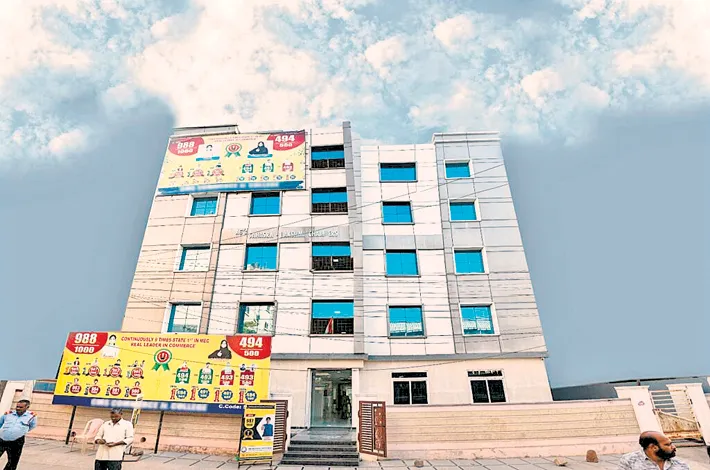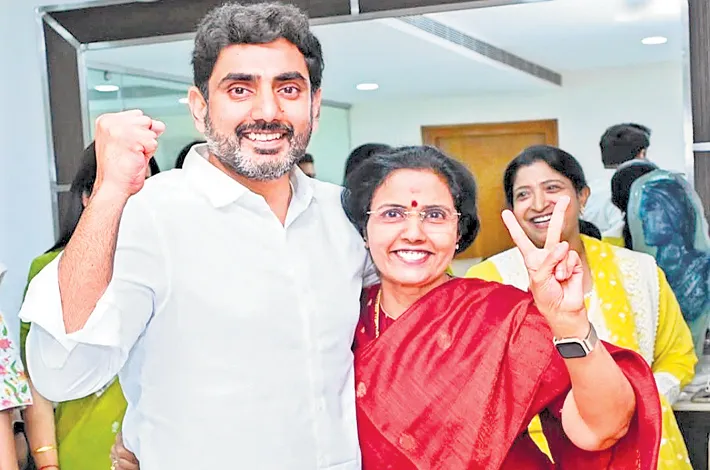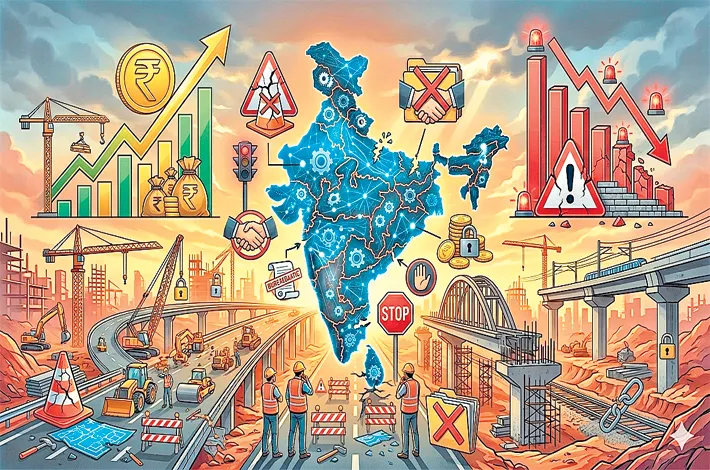Space sector has an unprecedented opportunity: Modi
28-11-2025 12:00:00 AM

PM Modi launches Skyroot's facility in Hyderabad, says Indian space sector attractive for investors
■ Skyroot's state-of-the-art facility will have around two lakh sq.ft. workspace for designing, developing, integrating and testing multiple launch vehicles, with a capacity to build one orbital rocket every month.
■ Skyroot is India's leading private space company, founded by Pawan Chandana and Bharath Dhaka, both IIT alumni and former scientists of ISRO.
■ In November 2022, Skyroot launched its sub-orbital rocket, Vikram-S, becoming the first Indian private company to do so.
India among top five space faring nations
In the past, Antrix, the commercial arm of Indian Space Research Organisation (ISRO) had the monopoly but with the space sector opening up, start-ups are making their presence felt. India is one among the top five space faring nations. The others are USA, Russia, China, and Japan.
metro india news I hyderabad
Prime Minister Narendra Modi on Thursday virtually inaugurated Indian space start-up Skyroot's Infinity Campus close to Hyderabad International Airport and also unveiled the company's first orbital rocket Vikram-I, which has capability to launch satellites to orbit. The Prime Minister said that India is witnessing an unprecedented opportunity in the space sector with the government's 'historic' space reforms opening up the space sector to private players.
The PM said that today in India's space ecosystem, private sector was emerging with flying colours. Over 300 space start-ups were giving new hopes to the sector. This resulted in Skyroot and others coming up with such innovations.
"The Infinity Campus is a reflection of India's new thought, innovation and the bigger youth power. Youth's innovation, risk taking-ability and entrepreneurship are touching new heights," the PM noted. Today, the country's space sector was becoming attractive for global investors. India's private space talent was making its own identity across the globe.
"India's private space talent is making its own identity in the world. Today, India's space sector is becoming an attractive destination for global investors. Today, the demand for small satellites is increasing rapidly in the world," Modi said. He traced the journey of the Indian space programme from its nascent stages-- where rocket parts were moved in a bicycle, to building the "most trusted launch vehicle."
The journey might have started with limited resources but the growth proved determination decides dreams, Modi said. In these changing times, space sector is expanding so much, covering the areas of communication, weather prediction, urban planning and national security, among others.
"So that is why we have made historic reforms in space sector, opened it up to the private sector, made new space policy. Startups and industry were linked with innovation, set up In-Space," he said. He further said plans were there to open up the nuclear sector also to private players. Modi said when the government opened the space sector, the country’s youth, especially the Gen-Z generation, came forward to take full advantage of it.
"Today, over 300 Indian space start-ups are giving new hopes to India's space future. Most of these space start-ups began with small teams—sometimes two people, sometimes five, sometimes in a small rented room—with limited resources but with determination to reach new heights. I had the opportunity to meet them," he said, adding this spirit gave birth to the private space revolution in India.
The Prime Minister said today, Gen Z engineers, Gen Z designers, Gen Z coders and Gen Z scientists are creating new technologies.
Be it the propulsion system, composite materials, rocket stages, satellite platforms, India's youth are working in areas that were unimaginable a few years ago, he said.
India possesses space sector capabilities that only a few countries in the world have, the Prime Minister said emphasising that its space capability is both cost-effective and reliable, which is why the world has high expectations from the country.
He remarked that global companies want to manufacture satellites in India, avail launch services and seek technology partnerships, and stressed that the nation must make the most of this opportunity.








